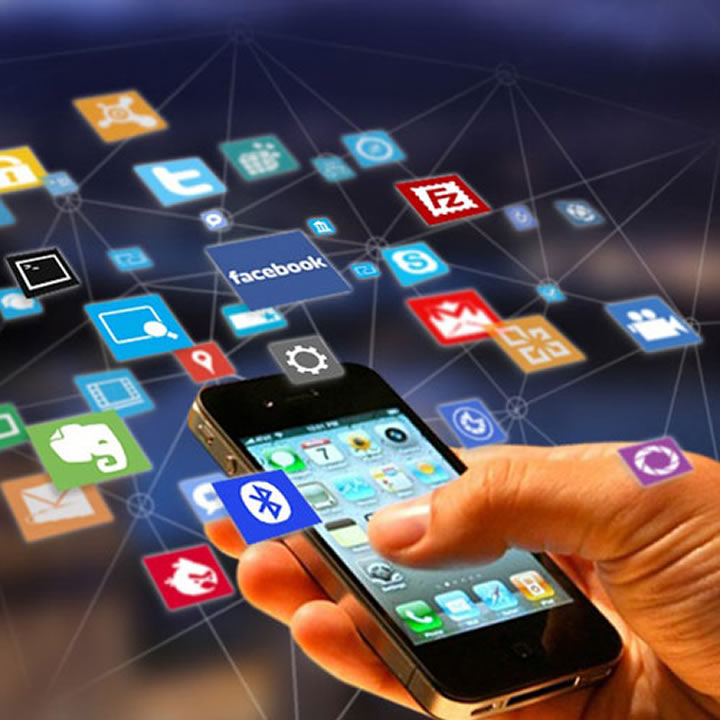About a decade ago, Nigeria had about 100,000 phone lines, mostly landlines operated by NITEL, a state-owned telecom giant. In today’s Nigeria, NITEL is no longer around, and Nigeria has close to 100 million mobile phone lines, making it Africa’s largest telecom market.
On the rest of the continent, the trend is similar: Kenyan mobile phone company Safaricom’s subscriber base increased 500-fold between 2000 and 2010. According to Rwanda’s regulatory agency, mobile phone users have grown by 50% in 2010 alone.
The Short Messaging Service (SMS) played a major role in the early days of mobile in Africa.
Africa’s next frontier in mobile technology is the internet. Mobile phones are quickly replacing PCs in Africa.
Below, we have listed some ways in which mobile phones have revolutionized the continent.
Entertainment
Based on a 2009 survey, mobile phones are used most frequently for entertainment and information in Nigeria, particularly for dialing into radio shows, voting in reality shows, downloading and sharing songs, videos, and photos, as well as tweeting and gambling or betting.
The market, however, is being targeted by companies that create mobile-only platforms.
The African continent is now flooded with online platforms like Kulahappy (a popular Kenyan “entertainment channel” developed for mobile screens) and AfriNolly, which claims to provide “African movies in your pocket.”
A multimillion-dollar industry has developed in Nigeria’s mobile music industry (which includes everything from ringtones to caller-tune subscriptions).
Another industry that has greatly benefited from mobile technology is the iGaming industry. Mobile devices have enabled Africans to access and gamble at reputable online casinos – along with 5G technology.
Mobile devices continue to become more prevalent throughout Africa, resulting in a growing iGaming market.

With mobiles being accessible and convenient, Africans have access to renown betting companies from Kenya and all over the world with just a click of a button. This industry is slowly becoming a leader in entertainment.
Banking
Founded in 2007, M-PESA is a mobile money transfer service offered by Safaricom and Vodafone. A fifth of Kenya’s GDP flows through M-PESA, which today services 15 million Kenyans (more than a third of the country’s population).
Based on a Gates Foundation and World Bank survey, half or more of adult Kenyans, Sudanese, and Gabonans use mobile banking.
In addition to M-PESA in Kenya, similar initiatives have been launched in South Africa, Nigeria, and Tunisia, as governments struggle to extend banking services to a large number of citizens – only one in five adults has a bank account across sub-Saharan Africa.
Africa’s mobile banking is widely used for paying bills, airtime, buying goods, and making payments to individuals. Most Africans also use mobile banking to send money to family members abroad.
Education
Nokia used the growth of social networking in South Africa to launch MoMath, an instant messaging tool that teaches mathematics to users of Mxit. More than 88 million Africans used Mxit before the company announced its closure in a statement on October 23, 2015.
As mobile phones – which are cheaper and easier to operate than PCs – gain ground as teaching tools, the potential for school reform on the continent is enormous.
Using social networking to mediate education may help reduce the significant number of African children not receiving any formal education at school age.
Future Prospects
It’s exciting to imagine what the future holds for mobile technology on the African continent. In contrast to many Westerners, Africans tend to focus more on mobile technology than desktop.
Mobile technology enables new generations of innovators to understand the particular challenges and opportunities in their markets and how they can be used to meet those challenges and opportunities.
As the mobile industry develops on the continent, it may become an innovation cradle.

